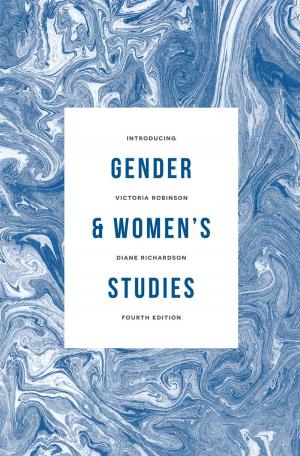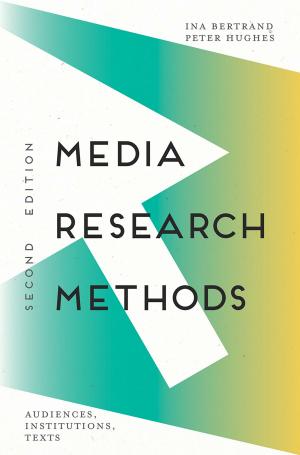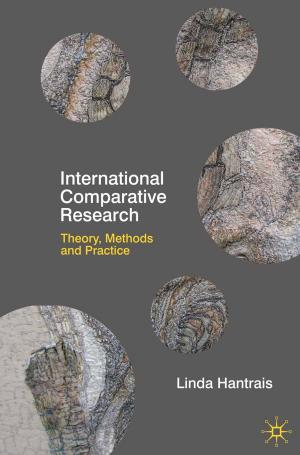Rethinking International Relations Theory
Nonfiction, Social & Cultural Studies, Political Science, International, International Relations| Author: | Martin Griffiths | ISBN: | 9781137294142 |
| Publisher: | Macmillan Education UK | Publication: | March 2, 2011 |
| Imprint: | Red Globe Press | Language: | English |
| Author: | Martin Griffiths |
| ISBN: | 9781137294142 |
| Publisher: | Macmillan Education UK |
| Publication: | March 2, 2011 |
| Imprint: | Red Globe Press |
| Language: | English |
International Relations (IR) theory has seen a proliferation of competing, and increasingly trenchant, worldviews with no consensus on how to evaluate their relative strengths and weakness. This innovative new text provides an original interpretation of how best to navigate the clash of perspectives in contemporary IR theory.
The book provides a systematic overview of the main worldviews – such as realism, liberalism, and constructivism – and their associated theoretical underpinnings. Placing liberal internationalism at the heart of the debate, it argues that the main division in IR theory is between liberal internationalism and its critics. Griffiths examines both the strengths and weaknesses of liberal internationalism as a worldview, and also explores the competing worldviews that have been generated by the perceived flaws of this perspective.
Examination of crucial policy issues is incorporated throughout the text, restoring the relevance of theory for those who wish to understand those policy issues. Moreover, this book revitalises the raison d'être of contemporary IR theory and shows the role it can play in making sense of the twenty-first century.
International Relations (IR) theory has seen a proliferation of competing, and increasingly trenchant, worldviews with no consensus on how to evaluate their relative strengths and weakness. This innovative new text provides an original interpretation of how best to navigate the clash of perspectives in contemporary IR theory.
The book provides a systematic overview of the main worldviews – such as realism, liberalism, and constructivism – and their associated theoretical underpinnings. Placing liberal internationalism at the heart of the debate, it argues that the main division in IR theory is between liberal internationalism and its critics. Griffiths examines both the strengths and weaknesses of liberal internationalism as a worldview, and also explores the competing worldviews that have been generated by the perceived flaws of this perspective.
Examination of crucial policy issues is incorporated throughout the text, restoring the relevance of theory for those who wish to understand those policy issues. Moreover, this book revitalises the raison d'être of contemporary IR theory and shows the role it can play in making sense of the twenty-first century.















